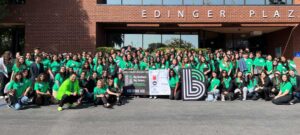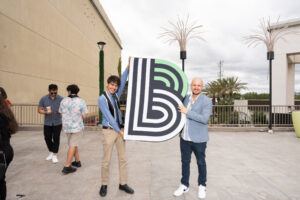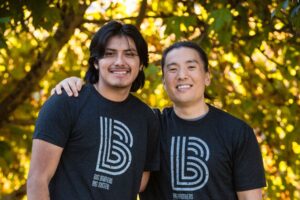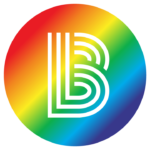We talk about Bigs and Littles all the time at Big Brothers Big Sisters. It’s a part of the vernacular, and we often say things like “have a BIG impact” and “start something BIG.” They’re lighthearted phrases that we use often. But who outside of our organization really understands what a Big is and the true impact they have on a Little?
So what is a Big? In our program, a Big dedicates a few hours each month to a single child. He or she is a buddy, a tutor, an authority figure, and a role model. Through friendship and mentorship, a Big offers a different perspective of the world and what it could be. To us, and to Littles, the word “Big” has a significant emotional impact.
But we forget that this doesn’t hold the same weight with the majority of the public.
We have to change the conversation from Bigs to mentors. Everyone has had a mentor at some point in his or her life. What is a mentor? A mentor is a trusted counselor or guide, an experienced advisor, a friend.
By viewing our outreach strategy from the perspective of the people we are trying to reach, we realized that we’ve missed the mark. We need to make it as easy as possible for people to connect with our mission.
Although there will still be the occasional Big and Little pun, we’re going to refocus and embrace the word “mentor.” With new messaging, we hope to reach a wider audience and evoke more instantaneous responses. Instead of asking, “What is a Big?” we want people to be asking, “Where can I sign up?”
A mentorship program like BBBS matches experienced adults wanting to make a difference with youth in their community. It’s about building bonds and trust, about watching a Little (now a mentee) set goals and accomplish them. We want to shift the conversation to being a mentor because this has the power to breach both context and generations.
And it works—children facing adversity who have mentors are more likely to engage in positive activities than those without. They’re more likely to enroll in college, hold a leadership position, and volunteer in their community.
Each generation hopes that the next will prove to be better, stronger, and more advanced than the one before it. So make an impact. Become a mentor. Go to OCbigs.org to learn more.




